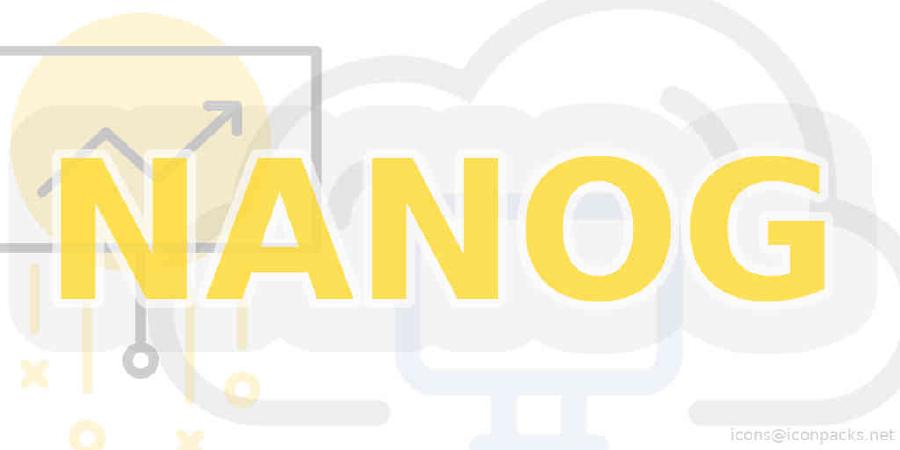Uncovering Remote Peering Interconnections at IXPs

Internet eXchange Points (IXPs) are Internet hubs that provide the switching infrastructure to interconnect networks and exchange traffic. While the initial goal o …
| Talk Title | Uncovering Remote Peering Interconnections at IXPs |
| Speakers | Christoph Dietzel, DE-CIX / TU Berlin |
| Conference | NANOG75 |
| Conf Tag | |
| Location | San Francisco, CA |
| Date | Feb 18 2019 - Feb 20 2019 |
| URL | Talk Page |
| Slides | Talk Slides |
| Video | Talk Video |
Internet eXchange Points (IXPs) are Internet hubs that provide the switching infrastructure to interconnect networks and exchange traffic. While the initial goal of IXPs was to bring together networks residing in the same city or country, and thus keep local traffic local, we observe that this model is gradually shifting. Many networks connect to IXPs without having physical presence at their switch(es). This practice, called Remote Peering, is changing the Internet topology and economy, and has become subject of a contentious debate within the network operators community. However, despite the increasing attention it is drawing, the understanding of the characteristics and impact of remote peering is limited. In this work, we remove the veil between remote peering and IXPs, by introducing and thoroughly validating a methodology for discovering remote peers at IXPs. We (i) infer remote peers globally, with high accuracy (>95%), (ii) study the evolution of remote peering in time, and (iii) evaluate its impact on Internet performance and resilience. We observe that remote peering is a significantly common practice in all the IXPs studied; for the largest IXPs, remote peers account for 40% of their member base. We also show that today IXP growth is mainly driven by remote peering, which contributes two times more than local peering.


